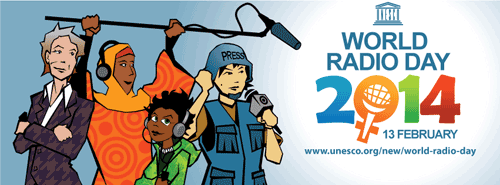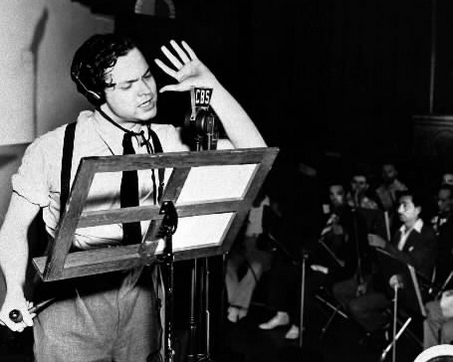
 World Radio Day is this Thursday, February 13. It’s the perfect time to talk about how Low Power FM Radio could change the public and community radio landscape in the United States. For the past three years, I’ve been putting a shoulder into low power FM (LPFM) infrastructure development. I have helped to get the word out about the opportunity nationally, assisted nonprofits with their applications, fostered relationships between applicants and identified resources to help them build. I’ve never seen so much enthusiasm for community radio, and my little public radio nerd heart is gleeful about the potential. Maybe some of the ideas are a stretch. I’m certainly showing my enthusiastic idealist colors, but World Radio Day encourages expansive thinking and big ideas. One thing’s for sure, LPFM will have an impact.
World Radio Day is this Thursday, February 13. It’s the perfect time to talk about how Low Power FM Radio could change the public and community radio landscape in the United States. For the past three years, I’ve been putting a shoulder into low power FM (LPFM) infrastructure development. I have helped to get the word out about the opportunity nationally, assisted nonprofits with their applications, fostered relationships between applicants and identified resources to help them build. I’ve never seen so much enthusiasm for community radio, and my little public radio nerd heart is gleeful about the potential. Maybe some of the ideas are a stretch. I’m certainly showing my enthusiastic idealist colors, but World Radio Day encourages expansive thinking and big ideas. One thing’s for sure, LPFM will have an impact.
UNESCO (United Nations Educational, Scientific and Cultural Organization) created World Radio Day in 2011 to annually prompt us to think about the transformative power of radio. This year their focus is gender equality. People from around the world are contributing audio and video clips in which they further the discussion about gender in radio and other ongoing structural issues like race and class.
We know we have structural issues in public media. We talk about them at our conferences and participate in trainings at our stations, but the conversation doesn’t get much past working on individual racism and an introduction to white privilege. These inequities require multipronged solutions. One small way to chip away at them is the current LPFM radio infrastructure build out.
Some numbers that illustrate how we’re doing:
Women hold less than 7% of all TV and radio station licenses.
People of color hold just over 7% of radio licenses and 3% of TV licenses.
[source: Free Press]
92.7% of journalists at commercial radio stations are white.
81.5% of journalists at non-commercial radio stations are white.
91.3% of radio news directors (commercial & non) are white.
67.3% of the work force in local radio news are male.
[source: Radio Television Digital News Association 2012 survey]
For reference, the US population is 51% female and 49% male / 72.4% white and 27.6% people of color [source: US 2010 census]
Read More…




 Arts
Arts Comedy
Comedy Event Tips
Event Tips Film
Film Food & Drink
Food & Drink Good Causes
Good Causes Music
Music News
News Radio
Radio Roller Derby
Roller Derby